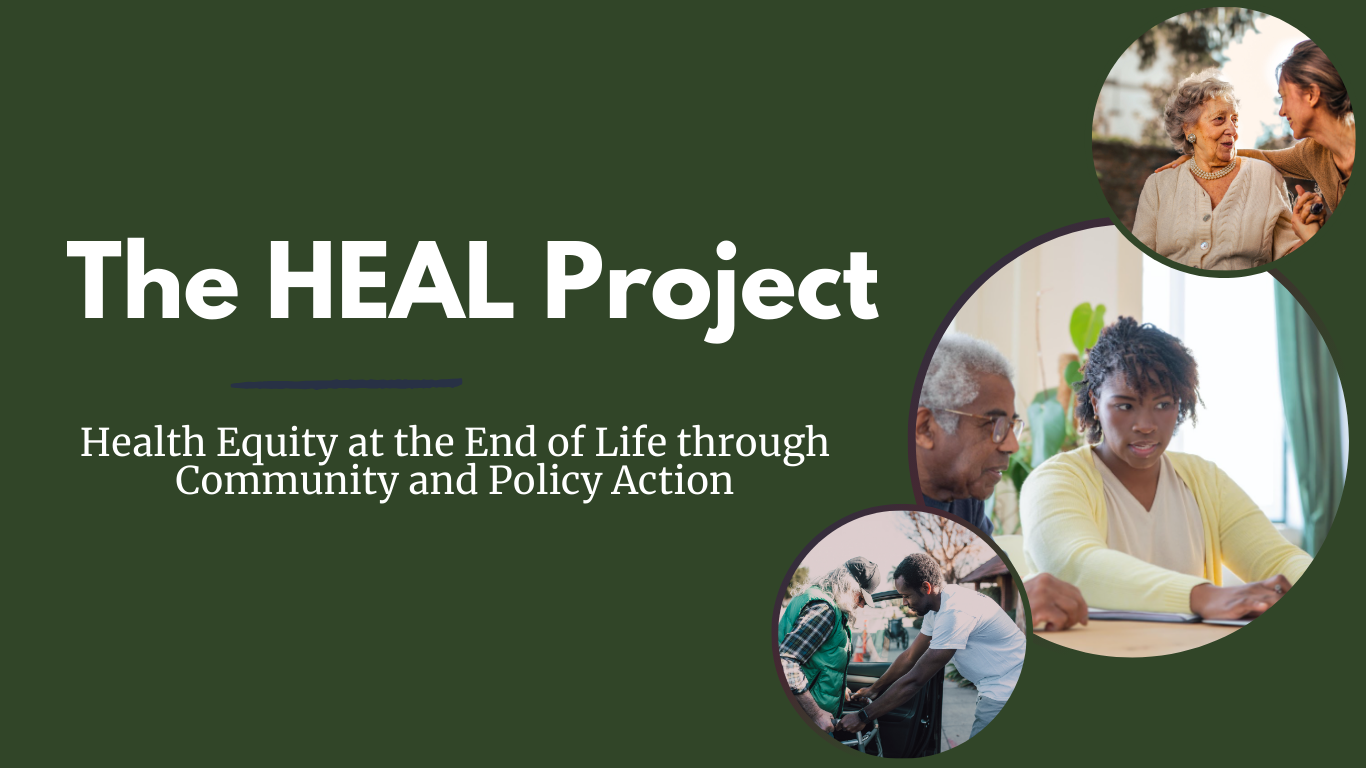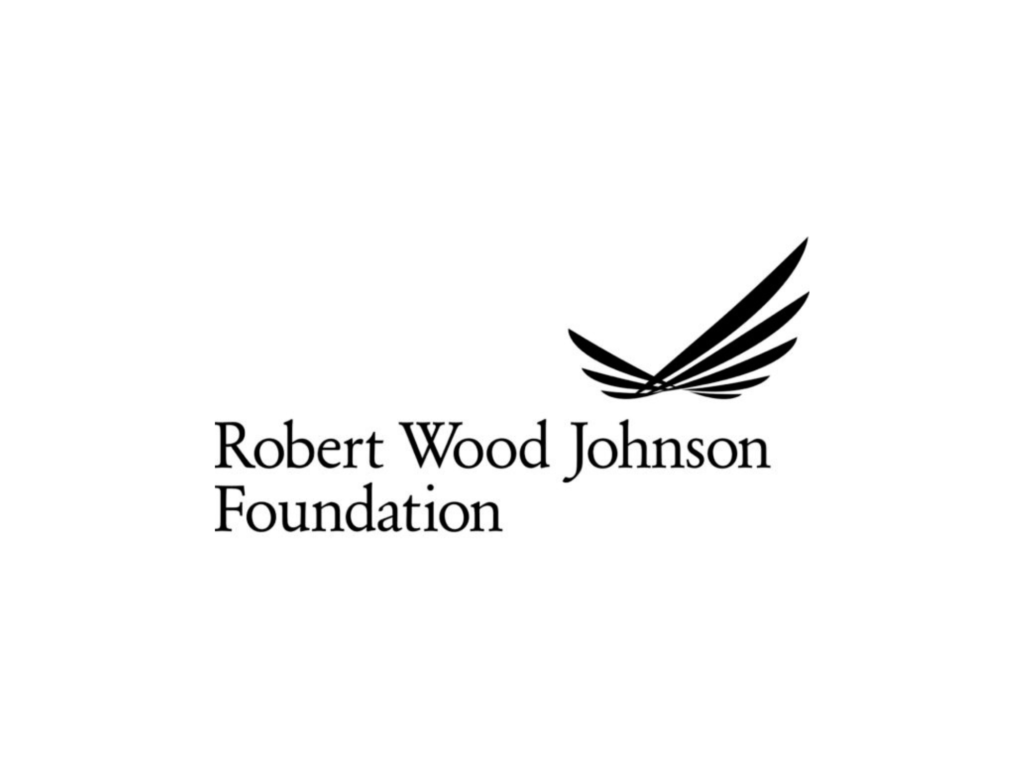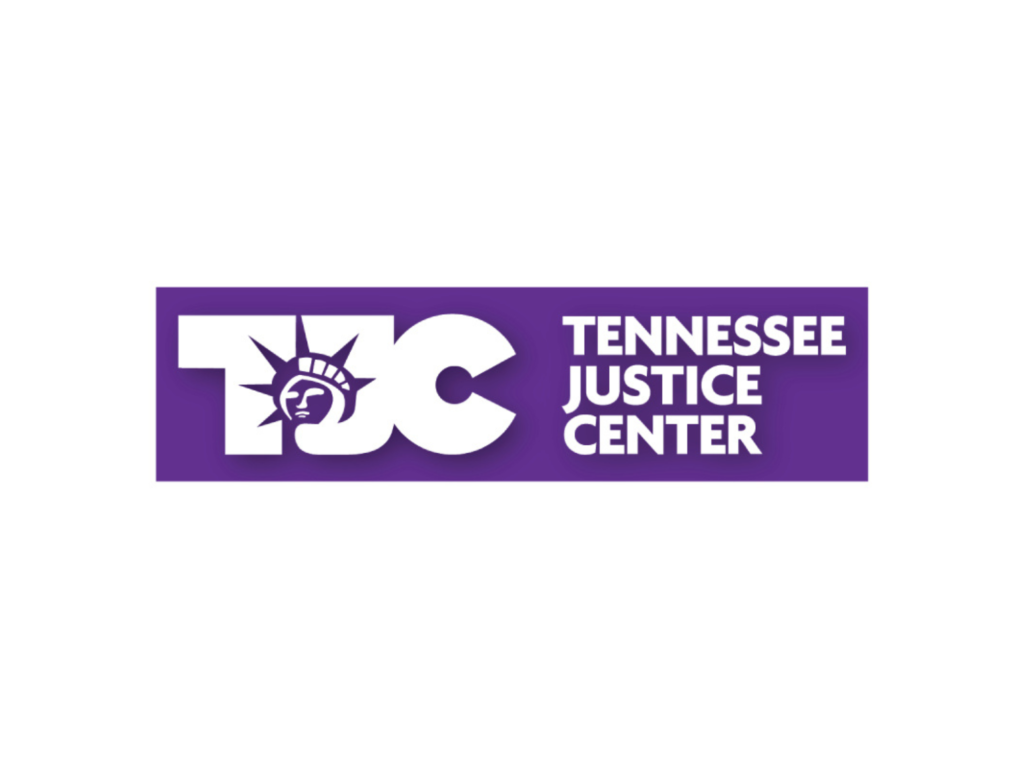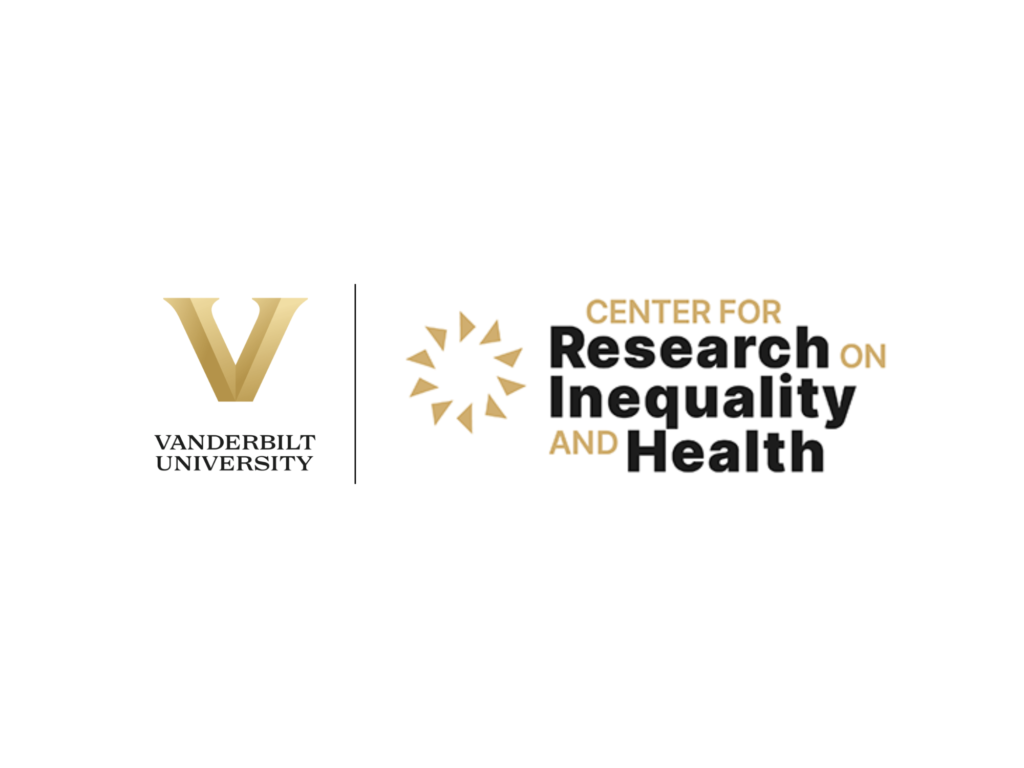
Welcome to the HEAL Project!
Our goal is to unravel the complex factors that influence end-of-life care policies and how these affect the care quality that individuals receive in their final days.
We are especially interested in racial disparities in the last days of our lives. Black patients often face harsher end-of-life experiences. They tend to endure more pain, undergo more aggressive treatments, and are more likely to spend their last moments in a hospital setting. They also report lower satisfaction with the care they receive and carry a heavier financial load during this challenging time. Our project seeks to shed light on the layers of factors, including these larger systemic elements, that lead to uneven policy effects and their subsequent impact on the quality of end-of-life care.



